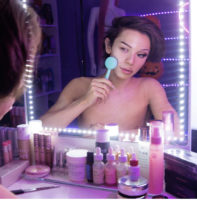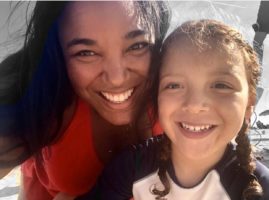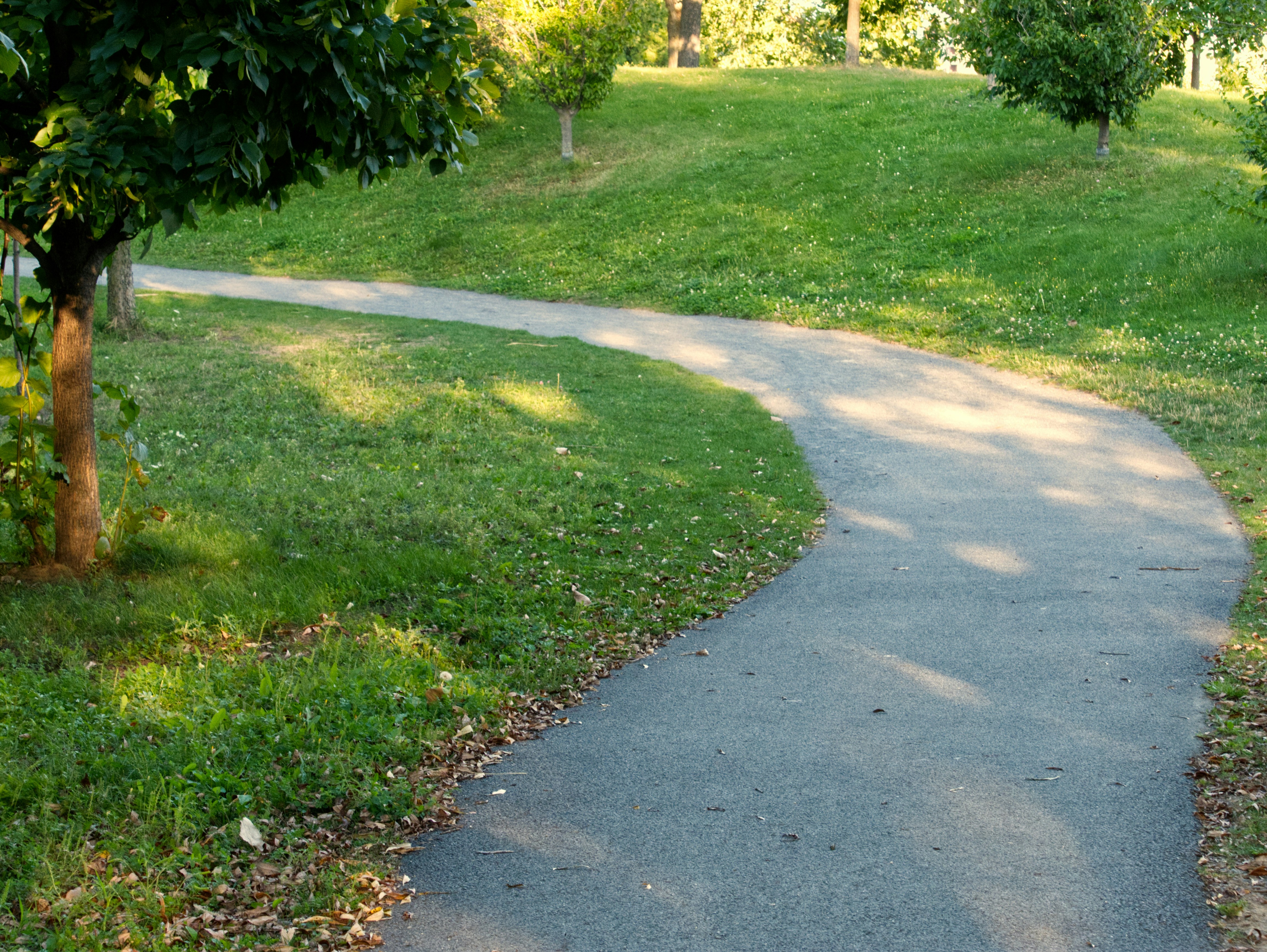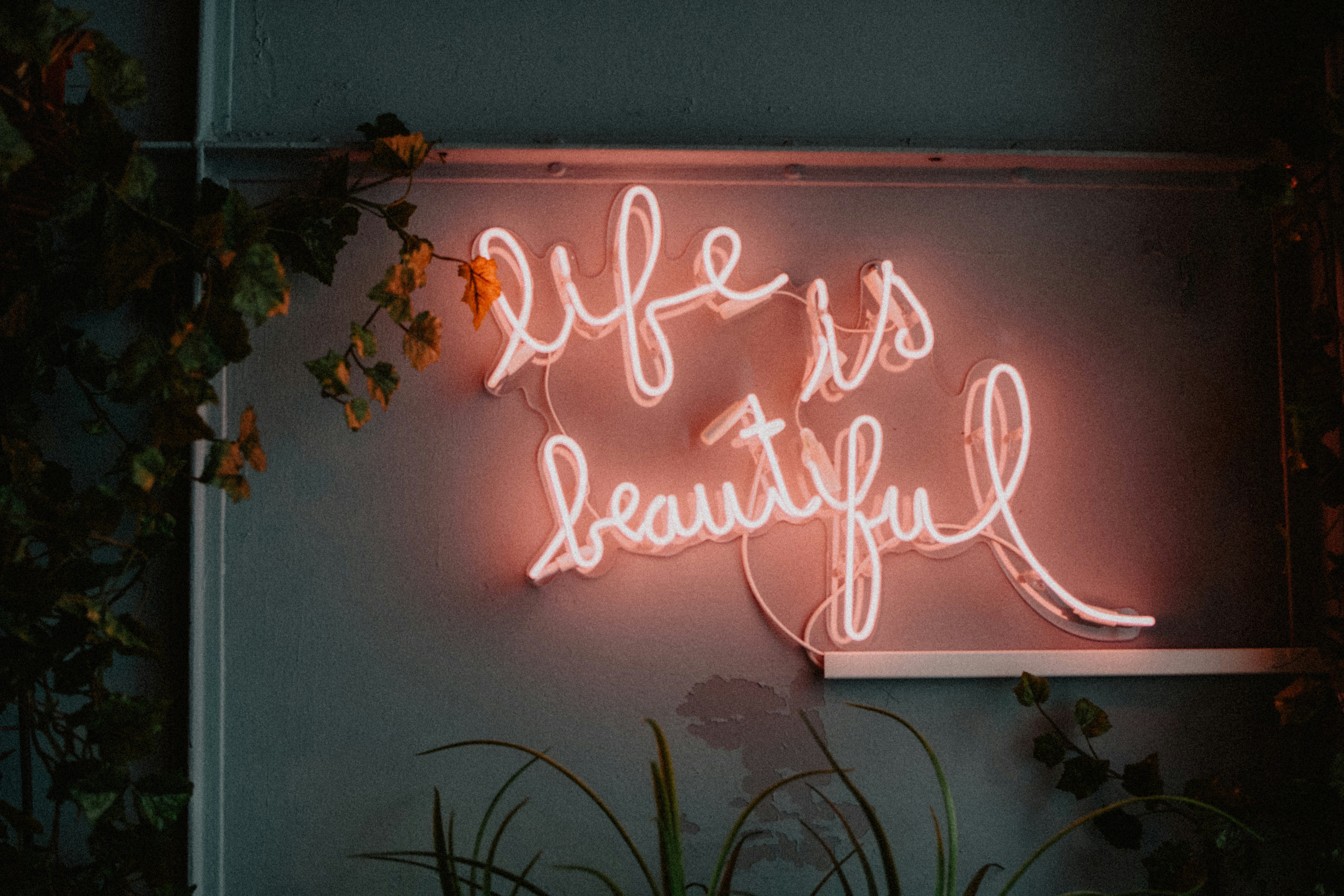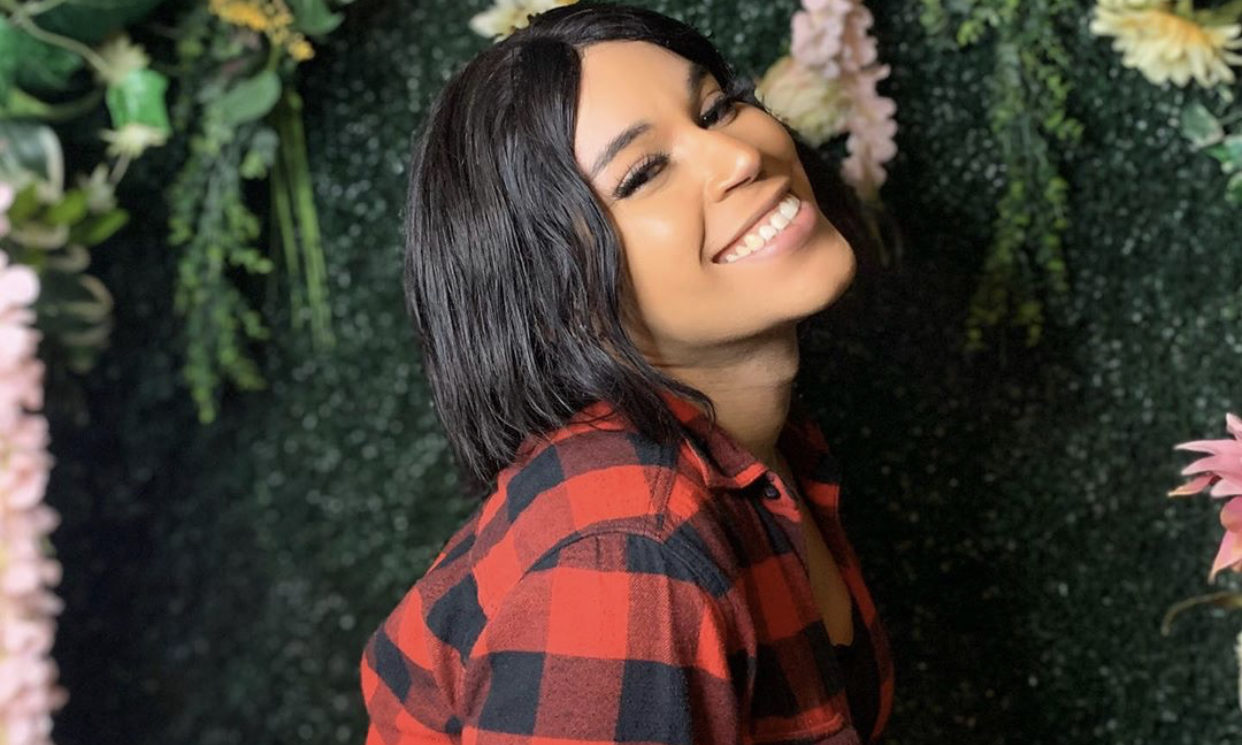To whoever is willing to read,
The other day someone asked me how I celebrate July 4th.
I said, “I don’t celebrate Independence Day. I don’t think there’s anything to celebrate until we are all free.”
I am a 30-year-old black trans woman. Black and trans people in this country do not receive the same rights and opportunities as others.
According to a study, in the Americas, trans women of color have a life expectancy of 30-35 years old.
Sometimes I wonder, “Will I make it? Will I make it to 35?”
There is so much violence against black trans women. In 2019 alone, at least 27 transgender or gender non-conforming people were fatally shot or killed in the U.S.. The majority of them were black.
Since I was a child, I knew that life would be hard for me. I came from a very Catholic-oriented family that went to church every Sunday. When I came out as gay at a young age, maybe 30 percent of my family was OK with it, but the rest did not approve. As a teenager, I started presenting myself as gender-fluid, buying women’s jeans, tops and shoes. Family members threw away or even burned my clothes.
Enter Your Email to Unseal Premium Content
At 17 years old, I left home.
I don’t celebrate Independence Day. I don’t think there’s anything to celebrate until we are all free.
I didn’t start fully transitioning until about ten years later. Since I was a child, I knew I was a woman, but I was nervous about presenting myself as one. I felt pressure from society, my family, and my job to live and be someone that I was not. And then, of course, I knew the statistics in terms of violence against trans women.
I couldn’t help but think, “If I go ahead with this journey, that could be me. Someone could murder me.”
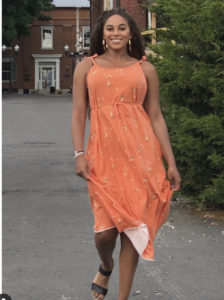

However, pre-transition life felt like being a caterpillar who wanted to be a butterfly. I was stuck in a cocoon. Feeling trapped mentally and physically took a toll on me. It was as though I was walking around not only lying to others about who I was but, most importantly, lying to myself.
Transitioning lifted a huge burden, but life was not any easier. I pumped myself with hormones and medications that changed my physical appearance and also impacted me mentally and emotionally. That led me to bouts of depression and anxiety and made me very self-conscious.
Assimilating to society as a woman was complicated. Before I changed my name, I would get carded at a bar and receive strange looks from the bouncer. If someone called to collect a bill, they would be confused when my masculine name didn’t match my feminine voice. When I went to apply for jobs, they would tell me they were no longer hiring even though they were still advertising a given position. Regularly, I had to explain myself to other people and advocate for opportunities.
I felt pressure from society, my family, and my job to live and be someone that I was not.
I have since legally changed my name and gender markers, which was an expensive process. While I think I am very passable as a woman, now I always worry about people finding out that I am a trans woman.
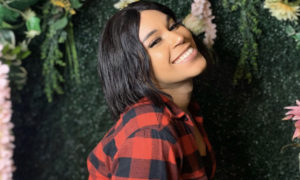

Thoughts run through my head.
“How will I be treated?”
“Will I still be able to go to this bar?”
“Will I still be able to keep such and such job?”
There is also the never-ending worry about my safety. I’m not sure if I go on a date with a man that I meet on Tinder that I will make it home alive.
One time I went to a movie with a guy. After the movie, he refused to take me home, locked me in his car and assaulted me.
It’s hard to find love, as many people treat trans women more like an experience than a person. When in relationships, transgender people face violence at much higher rates than the general population, (30%-50% compared to 28% -33% in the general population), which contributes to the high rate of fatalities.
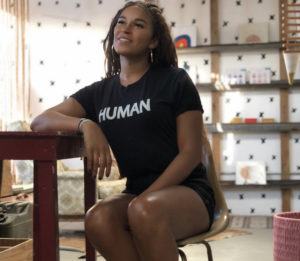

This journey is not an easy one. There was a time after transitioning that I lost my drive and my sense of purpose. Thankfully, when I started to use my voice and speak on behalf of black trans women, I began to feel empowered.
That is, in part, why I am so grateful that you are taking the time to read this letter, which is more than many people are willing to do. Hopefully, through my story, you find a sense of compassion, understanding and empathy for what I, along with many other black trans women, endure in our daily lives. My wish is that you will see that we deserve love, compassion, understanding and empathy, not just as black trans women but as human beings.
Hopefully, you will join our fight. Then, maybe one day, I will be able to join you in celebrating the land of the free, instead of living in a world that I fear.
You can help make a difference.
Thanks for your time.
Loud, proud and beautiful,



